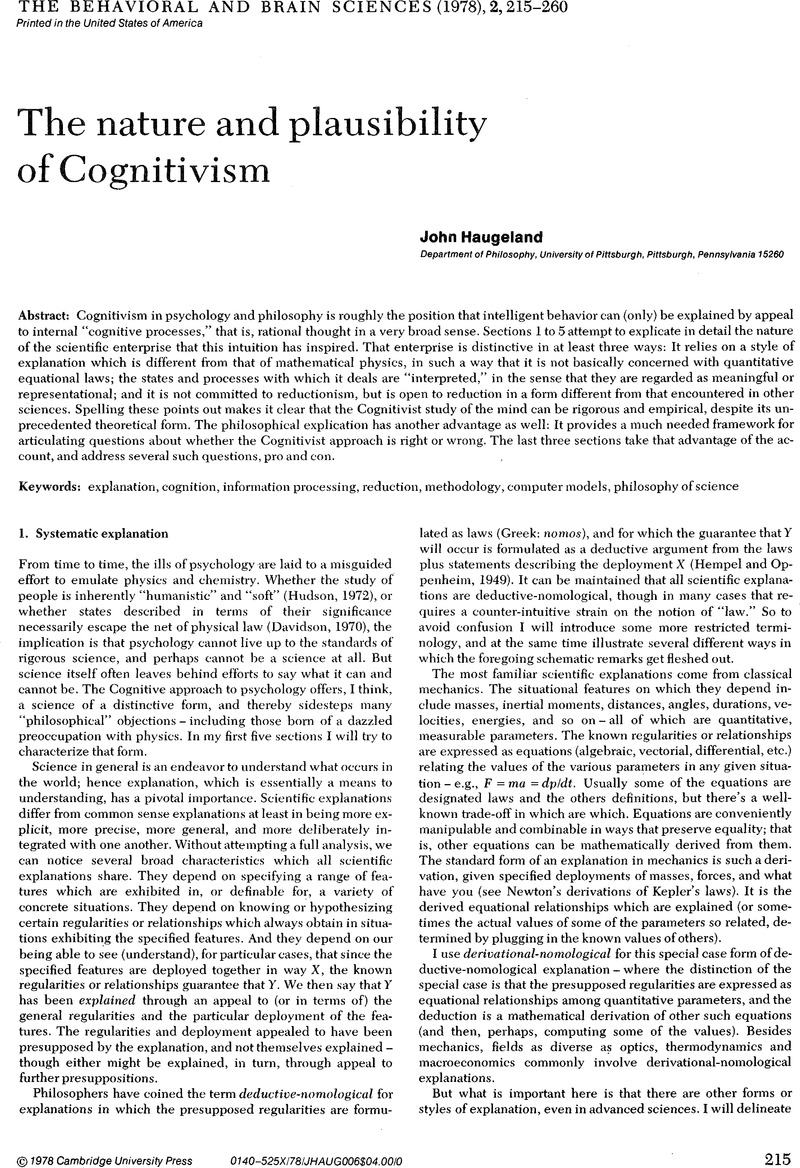Crossref Citations
This article has been cited by the following publications. This list is generated based on data provided by Crossref.
Pavitt, Charles
2016.
The International Encyclopedia of Communication Theory and Philosophy.
p.
1.



